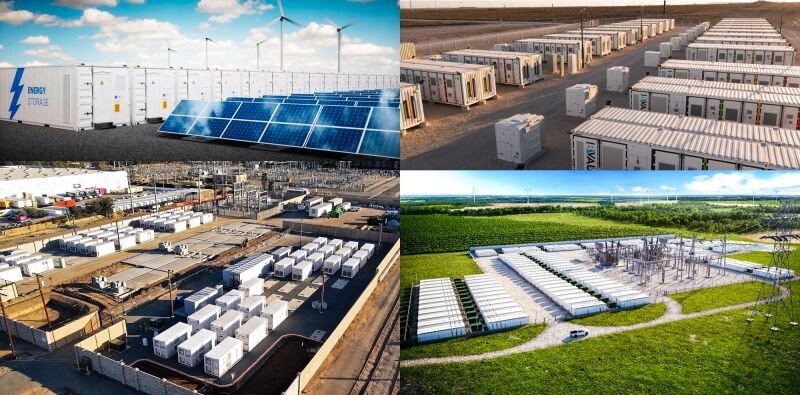消息
From Diesel to Clean Energy: Transitioning to Battery Storage in Remote Locations
2024/12/13
From Diesel to Clean Energy: Transitioning to Battery Storage in Remote Locations
The shift from diesel generators to Battery Energy Storage Systems (BESS) in remote areas is revolutionizing energy access, offering cleaner and more sustainable solutions. While diesel generators have long been the go-to option for off-grid power, their high costs, environmental harm, and logistical challenges have prompted the search for better alternatives.
1. Challenges of Diesel Generators
Diesel generators are reliable but come with significant drawbacks. Transporting fuel to remote locations is expensive and often disrupted by adverse weather. Additionally, diesel power produces substantial greenhouse gas emissions, contributing to air pollution and climate change. As environmental concerns rise, the demand for cleaner energy sources has grown.
2. How BESS Transforms Energy Use
BESS enables the effective use of renewable energy, such as solar and wind, by storing surplus power for later use. This storage capability ensures consistent energy supply during periods of low renewable generation, such as cloudy days or nighttime. In solar-rich regions, BESS can store daytime energy and reduce reliance on diesel at night. Additionally, BESS can complement existing diesel generators by optimizing their efficiency, lowering fuel consumption and emissions.
3. Economic and Environmental Benefits
Adopting BESS delivers significant savings. Though initial investments may be high, reduced diesel costs and maintenance result in long-term financial gains. Some communities have cut diesel consumption dramatically, saving up to $200,000 annually. Moreover, BESS fosters by supporting renewable energy industries and creating jobs in maintenance and operations.
Successful Cases:
Tilbury Battery Storage Project, Ontario
An 80 MW system storing off-peak energy for peak demand, developed with Walpole Island First Nation to reduce reliance on gas-fired power plants.
Moss Landing Energy Storage Facility, California, USA
With a 750 MW/3,000 MWh capacity, Moss Landing is among the world's largest lithium battery systems. It stores renewable energy for peak demand, exemplifying large-scale BESS as a diesel generator alternative.
The transition to BESS is a crucial step toward energy independence and sustainability for remote areas. By integrating renewable resources and , communities can achieve reliable power while reducing environmental impacts. As costs decline and technology advances, BESS is poised to become a cornerstone of clean energy solutions, aligning with global goals to combat climate change and promote.
What challenges do you see in transitioning remote locations to clean energy?

太棒了!分享到:
联系我们

